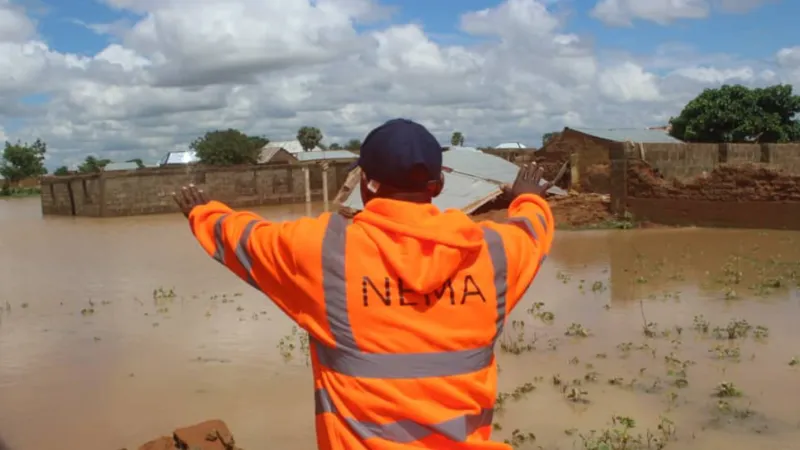Jumoke Olasunkanmi
The World Health Organisation (WHO) has taken action to combat the transmission of faecal-oral diseases and improve sanitation in Nigeria by initiating Sanitation Safety Planning (SSP) interventions in five states.
The states involved in this effort are Lagos, Bayelsa, Niger, Sokoto, and Bauchi, representing different geopolitical zones of the country.
The comprehensive initiative, which began in 2021, aims to tackle challenges such as open defecation, water-borne diseases like cholera, antimicrobial resistance (AMR), and the achievement of Sustainable Development Goal (SDG) 6.
Dr Edwin Isotu-Edeh, National Consultant for Public Health and Environment at WHO Nigeria, announced the implementation during the National Workshop on Safely Managed Sanitation (SMS) held in Abuja on Thursday.
In his remarks, Isotu-Edeh highlighted the alarming health risks associated with poor sanitation, including outbreaks of diseases such as cholera, typhoid fever, diarrheal diseases, and neglected tropical diseases.
Isotu-Edeh also drew attention to Nigeria’s national disease burden, revealing that 29% of it is linked to environmental risk factors such as inadequate water, sanitation, and hygiene (WASH) services, climate change, and chemical exposure.
He stressed the need for change and called on political actors to prioritise comprehensive sanitation measures in the country’s economic plans.
Dr Ibrahim Kabir, the Director General of Bauchi State Environmental Protection Agency (BASEPA), highlighted the pressing issue of faecal sludge management in Bauchi State, which poses a threat to public health safety.
He mentioned the health risks of water contamination due to improper disposal of faecal sludge and the ongoing training of 1,063 manual pit latrine evacuators to address this issue.
Kabir also emphasised the importance of developing Faecal Sludge Management guidelines and creating an environment conducive to private sector involvement in the sanitation value chain.



